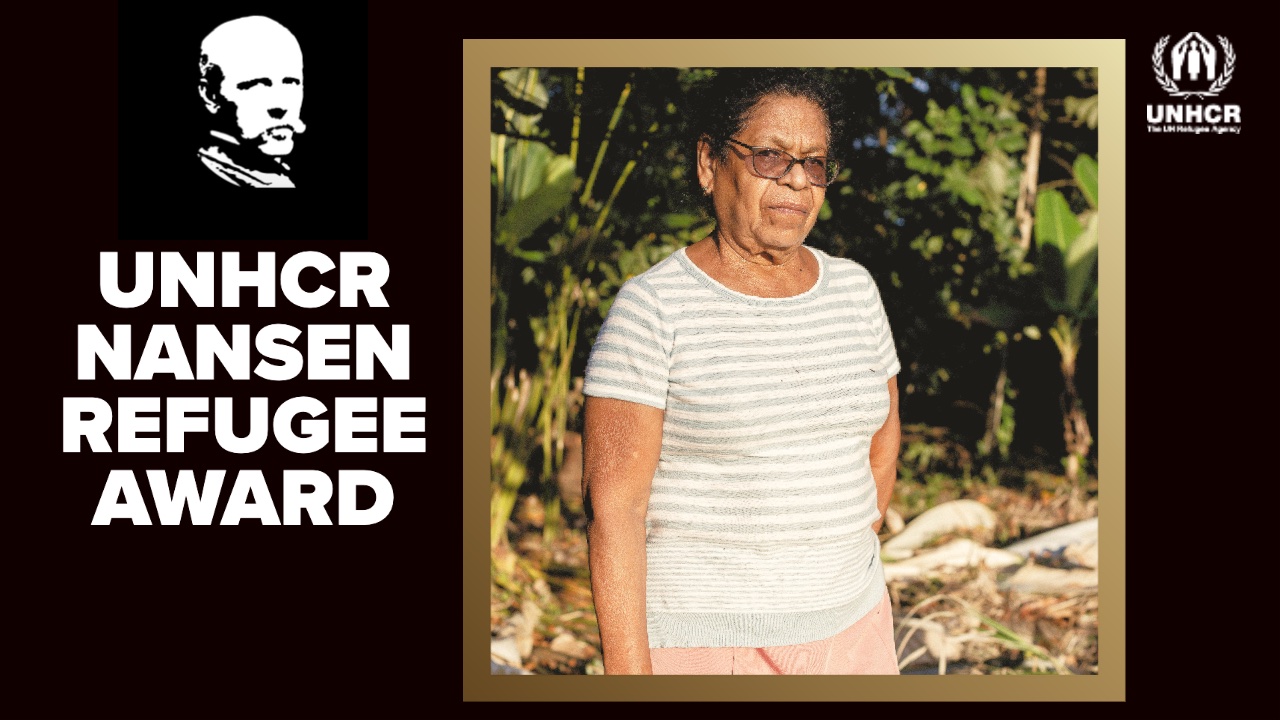UNHCR appeals for $5 million to kick-start Zambia project
UNHCR appeals for $5 million to kick-start Zambia project

GENEVA, August 27 (UNHCR) - The UN refugee agency on Friday urged donors to contribute an initial US$5 million to kick-start a $25 million relief/development project aimed at helping both refugees and the local community in western Zambia, with the United States already promising a substantial amount towards the appeal.
"This is just to jump-start the initiative and we're hoping that medium- and long-term investment will pick up quickly," said Sajjad Malik, who co-ordinates the Zambia Initiative project at UNHCR's Reintegration and Local Settlement Section.
The Zambia Initiative, mooted through a donor mission in March, is a government-led plan to co-ordinate donors' efforts to reduce poverty, link relief and development assistance, and contribute to peace and stability in Zambia's refugee-hosting areas. Targeted areas include agriculture, health, education and infrastructure, with projects being identified by the government and the local communities themselves.
Twenty local development committees have been set up in Zambia's Western Province to help plan, implement and manage the projects. They consist of refugees and Zambian communities elected by the beneficiaries.
The recent appeal of $5 million will help fund a first series of relief/development projects over the initial period of two years, from 2002-2003. The remaining $20 million should be financed bilaterally by direct contributions from donor countries over the next five years.
Already, the United States has promised a substantial amount towards the special appeal. Through direct investment, Canada has agreed to provide small cash grants, with Denmark funding the construction of a school. Sweden will contribute to HIV/AIDS-related activities while Japan will provide aid in the health and agricultural sectors.
The pilot project will start in the Western Province of Zambia, an area with a long history of hosting refugees. The region is home to Nangweshi refugee camp and the Myukwayukwa settlement. The number of refugees in Western province is estimated at 150,000, including a number of spontaneously-settled refugees.
Zambia is currently host to 292,000 refugees, mainly from Angola and the Democratic Republic of the Congo. Despite recent positive developments in Angola, it is believed that a portion of Angolan refugees presently residing in Zambia will not return home, at least not immediately.
Many of them have been in exile for more than 20 years, and they will want to see the peace process solidify before they consider returning. Some are also concerned about landmines at home. Others affiliated with the National Union for the Total Independence of Angola (UNITA) will only go home if they receive assurances that they will not be persecuted or discriminated against in Angola. Many others may simply want to approach the Zambian government for naturalisation or citizenship.
In line with the Zambia Initiative's attempts to integrate refugees into local society, Zambia's Ministry of Home Affairs in July said it expected to present the Refugee Bill to Parliament in the next two months. Once ratified by Parliament, it will enable long-staying refugees to apply for citizenship on an individual basis.








